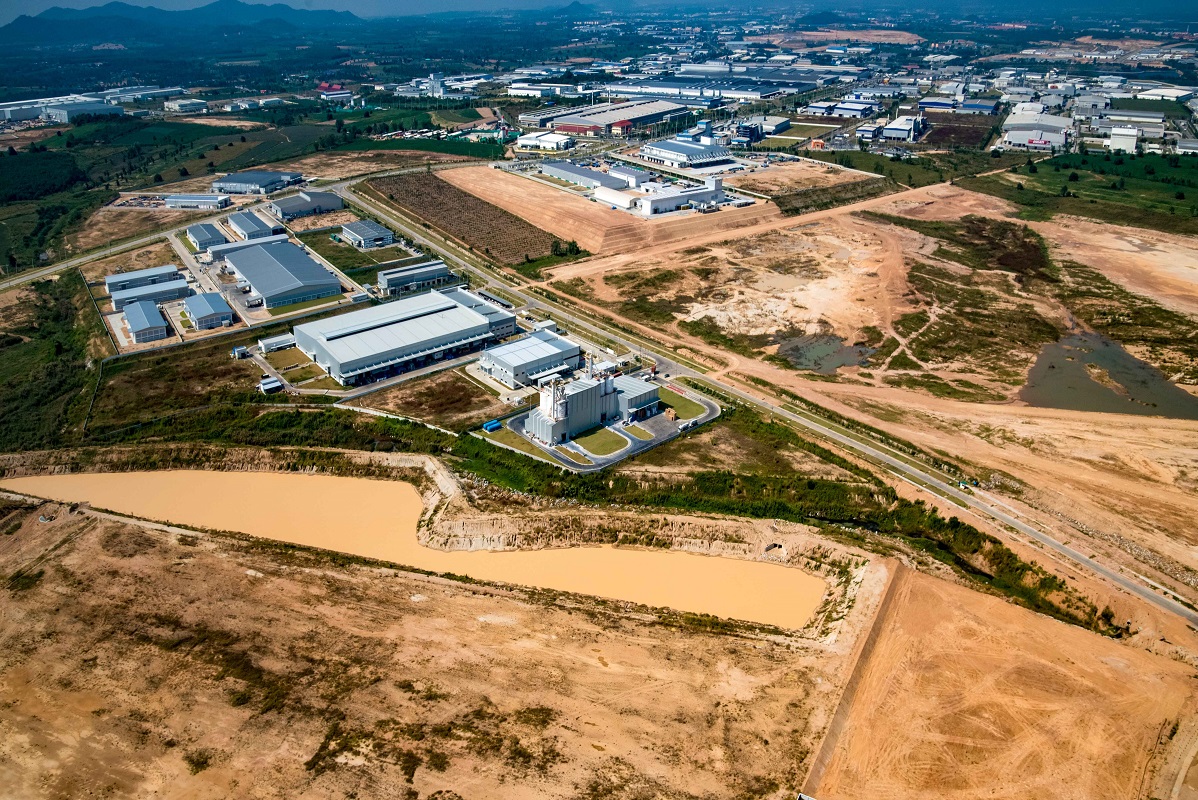What is Land Development Engineering?
Land development engineering is a field of engineering focused on the planning, design, and implementation of land-based projects, such as residential communities, commercial centers, and industrial parks. It encompasses a broad range of activities, including site assessment, infrastructure design, environmental impact analysis, and compliance with zoning regulations. Land development engineers work to create functional, sustainable, and aesthetically pleasing developments that meet the needs of communities and businesses.
Land development engineering involves various disciplines, such as civil engineering, environmental engineering, and urban planning. These engineers are responsible for designing infrastructure like roads, sewers, and utilities to support the development. They also conduct environmental assessments to ensure that the project does not adversely affect local ecosystems.
Another critical aspect of land development engineering is compliance with zoning laws and building codes. Land development engineers work closely with local governments and planning boards to ensure that projects meet all legal requirements. This includes addressing issues related to land use, setbacks, and public infrastructure.
Overall, land development engineering plays a crucial role in shaping the built environment. It requires a combination of technical expertise and creativity to create developments that are both functional and environmentally responsible.
Why Learn Land Development Engineering Nowadays?
Learning land development engineering is more important than ever in today’s world, where the demand for sustainable and efficient land use is growing. As cities expand and populations increase, land development engineers are needed to create well-designed communities and commercial spaces that meet these demands.
One reason to learn land development engineering is its impact on urbanization and infrastructure. As more people move into urban areas, there’s a need for carefully planned developments that provide housing, transportation, and public services. Land development engineers are responsible for designing the infrastructure that supports these developments, ensuring they are efficient and sustainable.
Another reason to pursue this field is its focus on environmental sustainability. Land development engineers play a key role in minimizing the environmental impact of new developments. They work to incorporate green spaces, reduce stormwater runoff, and use sustainable materials in their designs. This approach helps to create developments that are in harmony with their natural surroundings.
Additionally, learning land development engineering offers a wide range of career opportunities. Land development engineers can work for construction companies, government agencies, and consulting firms. The field is constantly evolving, with new technologies and sustainable practices being developed, providing a dynamic and rewarding career path.
Overall, learning land development engineering provides an opportunity to make a significant impact on the environment and society. It combines technical expertise with a commitment to sustainability, making it an attractive career choice for those interested in shaping the future of urban development.
Work in Land Development Engineering
Working in land development engineering involves a variety of tasks, from designing infrastructure to conducting site assessments and ensuring compliance with zoning regulations. Land development engineers collaborate with architects, urban planners, and construction managers to create functional and sustainable developments.
A typical day for a land development engineer might include reviewing site plans, conducting environmental assessments, and meeting with local authorities to discuss zoning requirements. These engineers use advanced tools like GIS software and computer-aided design (CAD) to create detailed plans and models for land development projects. They also work on-site to oversee construction and ensure that the project is being built according to specifications.
Land development engineers often specialize in specific areas, such as residential development, commercial development, or industrial development. Each specialization has its unique set of challenges and requirements. For example, engineers focused on residential development design infrastructure for homes and neighborhoods, while those in commercial development work on projects like shopping centers and office buildings.
The work environment for land development engineering can vary, with engineers spending time in offices, on construction sites, and in meetings with stakeholders. This variety keeps the job interesting and allows engineers to see the direct impact of their work on creating new developments.
Career progression in land development engineering can lead to roles like senior engineer, project manager, or development consultant. With experience, engineers may move into leadership positions, overseeing large-scale development projects and managing teams. Some land development engineers also choose to work in academia, teaching and conducting research in land development practices.
Overall, working in land development engineering offers a dynamic career with opportunities for growth and specialization. It combines technical challenges with the opportunity to create developments that contribute to vibrant and sustainable communities.
Why is Land Development Engineering Crucial for Innovation?
Land development engineering is crucial for innovation because it plays a central role in shaping the future of urban environments and promoting sustainable development. As technology and society evolve, land development engineers must find innovative solutions to create efficient and eco-friendly communities.
One area where land development engineering drives innovation is in sustainable urban planning. Engineers in this field are exploring new ways to design communities that are energy-efficient, environmentally friendly, and conducive to a high quality of life. This includes incorporating green building practices, promoting public transportation, and creating walkable neighborhoods.
Land development engineering is also crucial for infrastructure innovation. Engineers in this field design the roads, sewers, and utilities that support modern developments. They are at the forefront of integrating advanced technologies into infrastructure, such as smart grids, renewable energy systems, and sustainable water management. These innovations contribute to creating more efficient and resilient developments.
Additionally, innovation in land development engineering has a significant impact on community development. Engineers work to create spaces that foster social interaction, economic growth, and cultural vibrancy. This involves designing public spaces, parks, and community centers that enhance the quality of life for residents.
In summary, land development engineering is crucial for innovation because it provides the framework for creating modern, sustainable, and vibrant communities. By embracing new technologies and focusing on sustainability, land development engineers are leading the way in transforming urban environments for the better.


